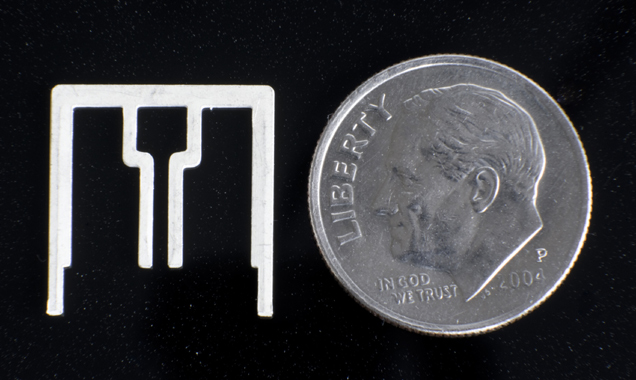Major Broadcasters Try To Take Aereo Streamer Down
By Jack de Aguilar in Movies / TV / Theatre on 23 April 2014
Chaitanya "Chet" Kanojia has said that if Aereo loses, "it may mean the end of our company."
The Internet TV start-up Aereo is facing what the business’ founder Chaitanya "Chet" Kanojia calls “the end” should the supreme court side with the myriad broadcasting companies accusing him and his company of copyright infringement.

The Aereo lets people stream and record on the Internet the over-the-air signals of local broadcasters via remotely stored antennas. Then, they can watch said content on loads of different devices, like televisions, tablets, phones or computers.
CBS and Fox, amongst others including NBC, ABC, Spanish-language broadcaster Univision, PBS and Tribune, argue that the cloud-based digital video recorder, that can hold up to 60 hours of content, violates copyright law.
The broadcaster's main argument is that Aereo is essentially retransmitting their content for profit. And without seeking approval, the service alters the format for streaming. Aereo argues that its remote antenna and DVR is just part of evolution.
"This case simply concerns the next technological step: allowing a consumer to access broadcast programming using an Internet-connected device coupled with a remotely located, individually assigned antenna and segregated video storage," Aereo said in its Supreme Court filing.
“A consumer using Aereo's system captures a signal through an antenna available only to a particular user and enables that user to make an individual copy from a unique data stream that can be viewed solely by that user at the user's direction. That technology does not cause infringement because Aereo does not engage in any performance 'to the public,'" Aereo told the Supreme Court.

Kanojia has said that if Aereo loses, "it may mean the end of our company." Of course, that’s exactly the kind of outcome Aereo’s detractors are looking for. "We believe that Aereo's business model, and similar offerings that operate on the same principle, are built on stealing the creative content of others," CBS said this year.
Contactmusic



